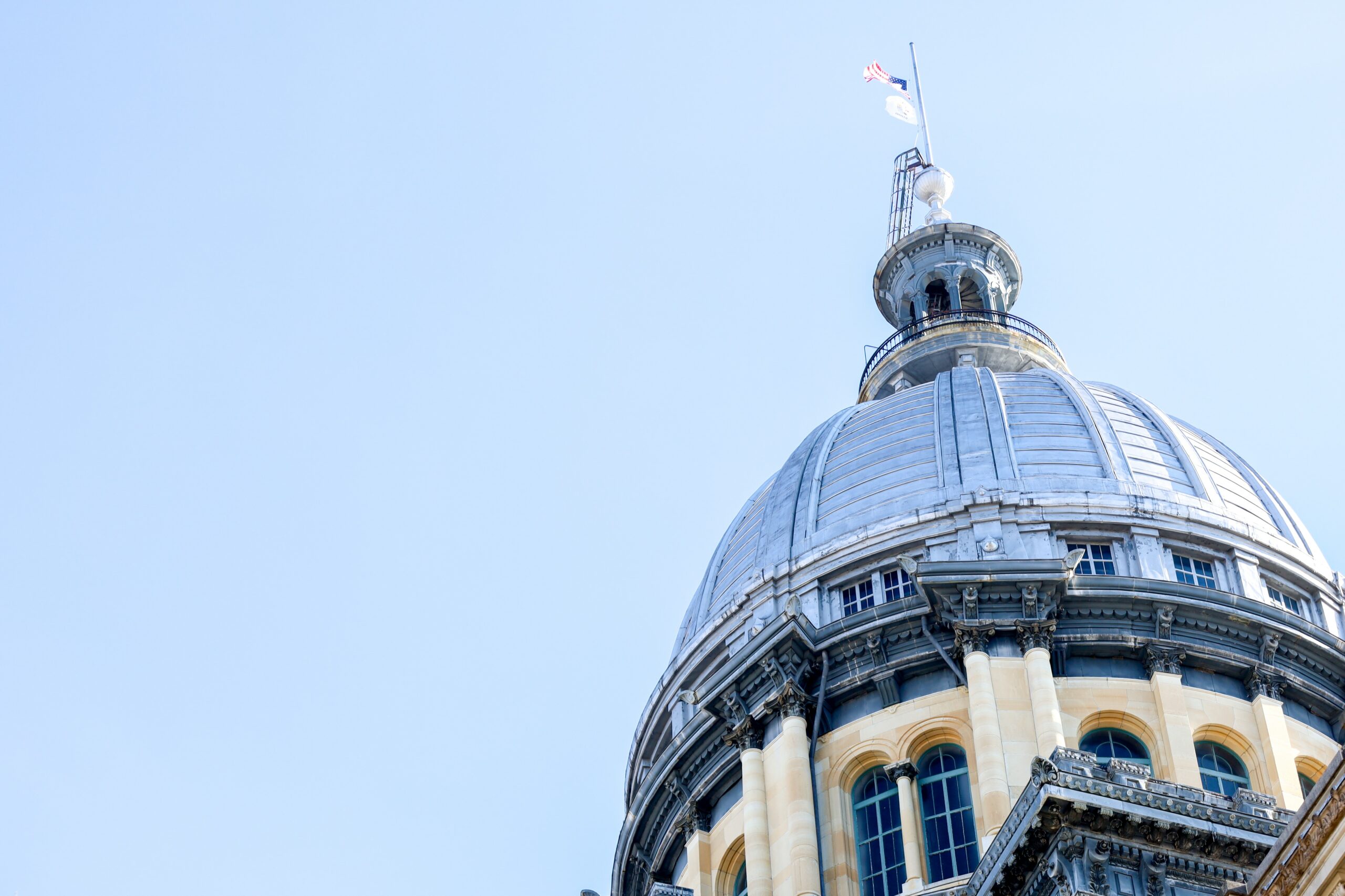Third Reading Consulting Group shares the latest legislative news from Illinois below:
Veto Session Preview
Next week, the Illinois General Assembly will return to Springfield for a two-week fall veto session. The first week will take place from October 24 to 26. Legislators will return for the second week from November 7 to 9, following a one-week gap. Gov. J.B. Pritzker issued three total vetoes and three amendatory vetoes of bills passed in the 2023 regular session.
Gov. Pritzker issued an amendatory veto of energy omnibus legislation (HB 3445) to remove controversial language giving Ameren Illinois the right of first refusal over new transmission projects in the MISO region. The bill passed the Senate, as amended, by a supermajority margin but only passed the House on concurrence by a simple majority vote. Legislators have the option of overriding the amendatory veto with a three-fifths supermajority vote, accepting the governor’s changes with a simple majority, or allowing the bill to die by taking no action.
Additionally, Gov. Pritzker issued a full veto of SB 76, which would end the state’s moratorium on new nuclear construction and allow for new advanced nuclear reactors to be built across the state. While Pritzker supports ending the nuclear construction moratorium, he would like to see the bill’s scope narrowed to only small modular reactors. He noted that the bill’s definition of “advanced nuclear reactor” is overly broad and does not have size constraints, allowing for new large-scale nuclear reactors to be constructed. Pritzker believes large-scale nuclear reactors would inevitably require future state bailouts. Finally, Pritzker stated that he would like to see future nuclear legislation provide regulatory protections approved by the federal Nuclear Regulatory Commission for the health and safety of those who live near reactors. Sen. Sue Rezin (R-Morris), the bill’s sponsor, already filed paperwork to override the governor’s veto and introduced a new bill (SB 2591) to end the nuclear construction moratorium. Since SB 76 passed both chambers with a supermajority, although only by one vote in the Senate, a veto override is possible. Legislators could also follow the governor’s advice and pass new legislation that adheres to his requests.
Pritzker issued an amendatory veto of the end-of-session property tax omnibus (HB 2507) to remove a property tax break given to Cook County nursing home operators. The bill passed with near unanimous support in both the House and Senate. Since passage, some suburban Cook County municipalities expressed outrage at the prospect of losing a significant portion of their tax base. The bill appears to have some support for an override, as well as some support for accepting the governor’s changes.
Finally, Gov. Pritzker issued an amendatory veto of procurement omnibus legislation (HB 2878) to remove a provision expanding the scope of public-private partnerships (P3s) in Illinois to include units of local government and removing some transparency requirements for P3s. The P3 changes were controversial when the bill was first passed. Even so, it passed both chambers by strong supermajority margins.
Besides vetoes from earlier in the year, the General Assembly will likely consider a few new measures. HB 4148 is House Speaker Chris Welch’s bill allowing legislative staff to form a union. The House Executive Committee scheduled a hearing to discuss HB 4148 on October 24 at 10:00 AM. The veto session is also the last opportunity to pass an extension to the Invest in Kids scholarship program, which is set to expire at the end of the year. Republicans have pushed for the program to be extended, but there was not enough support from the supermajority Democrats to pass an extension earlier in the year.
HFS Announces Enrollment Pause for HBIS on November 6
On Thursday, the Illinois Department of Healthcare and Services (HFS) announced that enrollment in the Health Benefits for Immigrant Seniors (HBIS) program will be temporarily paused on November 6. The program covers seniors aged 65 and older who would otherwise be eligible for Medicaid if not for immigration status. As of October 17, enrollment in HBIS stood at 16,107. HFS originally announced in June that enrollment would be halted when the number of individuals in the program reached 16,500. Enrollment in recent months has grown faster than the traditional Medicaid population, and average costs per enrollee are higher due to higher prevalence of untreated chronic conditions.
Additionally, HFS announced that they will be filing an amendment to their emergency rulemaking in January to bring back co-pay and cost sharing provisions. These provisions were removed from the emergency rule after a contentious HFS public hearing at the beginning of September. The co-pay amounts in the original rule were $250 for an inpatient hospital visit and $100 for an emergency room visit, although these are subject to change in the forthcoming amendment.
Enrollment in the associated Health Benefits for Immigrant Adults (HBIA) program, covering individuals aged 42 to 64, was paused on July 1, with around 63,000 individuals in the program. Without supplemental budget appropriations to HBIA and HBIS this fiscal year, enrollment cannot realistically be resumed until the beginning of FY 2025.

